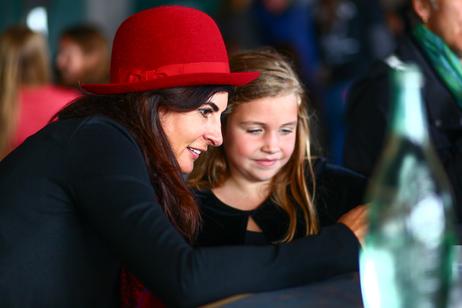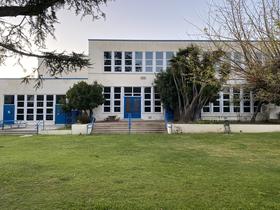My late father-in-law, Dr. James Garnett Lyne, used to refer to what he called 'mass mediocrity' whenever he discussed education. Like me, he was a product of a public school education. Neither of our parents could afford a private school education.
What did he mean by 'mass mediocrity'? He was referring to what he feared would be the result of a general lowering of standards in our schools. He argued that the less qualified teachers were, the less they were paid and the less demanding high school curricula were, the more we as a society would descend into 'mass mediocrity'. Dr. Lyne has been gone for 45 years. Yet his prescient words still haunt me. You see, back then, I had no clue what he was talking about. None. That scholarly father-in-law of mine was given to many well-reasoned pronouncements. I figured that this was just one more and filed it away in my memory bank.
This video from Toastmasters International offers five tips for effective public speaking.
Graduates lack basic business skills
In my own daily life and work, I am well aware of what high school graduates - both public and private school graduates - bring to the table. The lack of basic business communication skills is appalling. And I don't think that Twitter and texting is the reason. I remain convinced until somebody can show me otherwise that most high




































